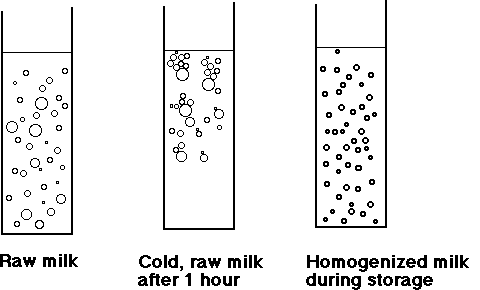Lechner and Boli, pages 1-5
These slides cover the general introduction from our textbook, The Globalization Reader, 5th ed., edited by Frank J. Lechner and John Boli.
Summary Questions
- What does globalization involve?
- Is globalization new?
- Is globalization driven by the expanding market?
- Does globalization make the world more homogeneous?
- Does globalization determine local events?
- Is globalization harmful?
- What does globalization mean?
1. What does globalization involve? (5)
Globalization is the set of processes by which more people become connected in more and different ways across ever greater distances.
1. What does globalization involve? (1)
Other common definitions of globalization use a slightly more complicated, two-part definition. On page 1, the authors define globalization as the many ways
...more people become more closely connected across larger greater distances, and grow more aware of their connections as well.
2. Is globalization new?
On pages 2-3, the authors say no and yes.
No, because Europe since the 1500s has been building world empires that connected peoples and regions throughout the globe. Also, migration, international organizations, and global standardization all exploded during the late 1800s .
Yes, because world society has transformed in the last six decades, and we are today more interdependent than ever before.
3. Is globalization driven by the expanding market?
The key word here is "driven," which the authors use to mean something like "controlled" or "determined."
The question asks if globalization is always a story about money. The examples in the introduction's first paragraph signal the authors' answer to this question.
What does “homogeneous” mean?


Google defines homogenization as "the process of making things uniform or similar."
Homogenized milk, for example, has been processed to break up large fat molecules and disperse them throughout the liquid. In unprocessed (i.e. raw) milk, the fat molecules will rise to the top, forming cream.
Cultural homogenization is a process of making cultures more similar: e.g. every culture eats sushi, every culture includes Pentecostal Christians.
4. Does globalization make the world more homogeneous?
On page 3 the authors say no, for three reasons:
- General rules and models are interpreted in light of local circumstances.
- Growing similarity provokes reactions (like religious fundamentalism).
- Difference itself has become "globally valid." In other words, the idea that people are and should be different is now itself a globally held value.
5. Does globalization determine local events?
"Around the world, local events bear the imprint of global processes. It would be easy to infer that local autonomy and local tradition must fall by the wayside, but globalization is not a one-way street" (4).
Understanding the authors' point requires understanding some elevated vocabulary words. The meaning of "determine" in the question itself, for example, is close to "control," i.e.
"Does globalization control local events?"
Other unusual words in the quote are linked to their Google definitions.
